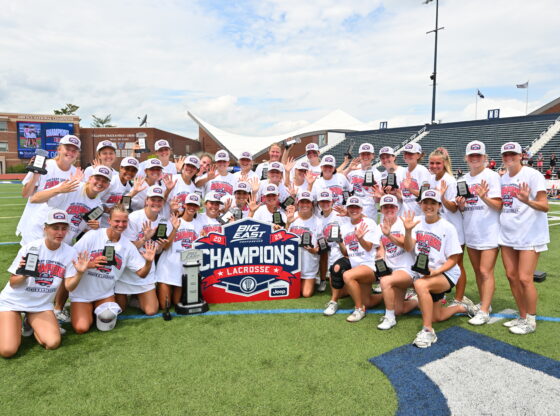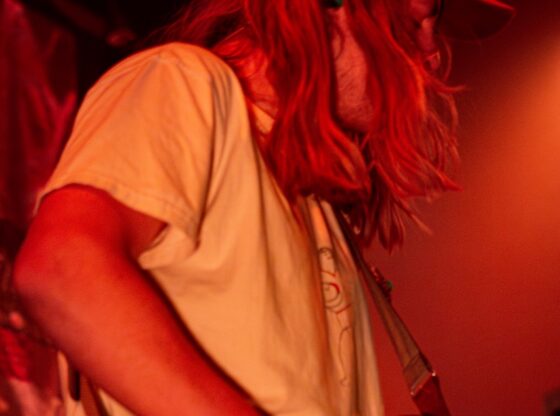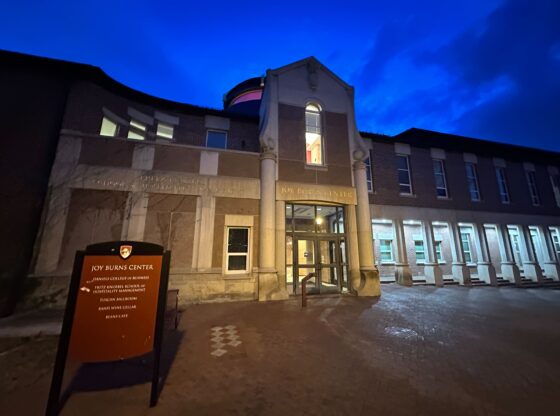It has slowly turned into a cliche: “this has been a week of tragedy,” “we denounce the hate, “we are disgusted be the violence,” “we mourn them.” Despite the truth behind these statements, they start to ring hollow because we have spent so much f****** time denouncing and mourning. We have spent so much time being disgusted and being disappointed. And, it has happened again. In our country two black people were shot to death in a grocery store for the color of their skin, and 11 Jews were murdered in their synagogue while the killer screamed anti-semitic slander. The mere mentioning of these atrocities in context to the hate that still lives in our country, starts to water down the reality. They will not just be added to the number of people targeted because of their identity. Not in my mind. Thirteen individual people, all with complexity and beauty, were killed because malicious people hated who they were.
Hate on a different magnitude has been felt here at DU too, and unlike administration would sometimes like students to believe, it has been here for years. These last two weeks have certainly been a culmination of that fact, however. An email full of racism, sexism, homophobia and discrimination towards people afflicted by poverty was sent across campus. This week, DU’s affinity groups have been unfairly burdened with the task of event planning and unification. They have done so remarkably. The Latino Student Alliance (LSA) directed the event with backing from the Black Student Alliance (BSA), Queer Student Alliance (QSA), Asian Student Alliance (ASA), Native Student Alliance (NSA), Hillel and others. On Monday and Tuesday, students gave testimonials about the reaction to the email in an empowered environment. On Wednesday the video of the testimonials was released. On Thursday, Hillel and Chabad held an interfaith gathering to show support for the victims of the Tree of Life Synagogue shooting. Finally on Friday at noon on the Driscoll Green, students gathered to rally around one another.
The rally was introduced by members of LSA who recognized that the land that DU occupies is Arapahoe and Cheyenne territory, and led the crowd chanting Raza Unida: “united race.” Chancellor Rebecca Chopp stepped onto the stage next. She read her speech that acknowledge the hatred but lauded the efforts of the school to ameliorate the situation.
Chancellor Chopp did not seem to capture the ired tone of the students in attendance, but the following affinity groups did. They spoke to the email, but they focused on the larger issue: the persistent and unique bigotry that perpetuates on campus. Every group identified that much more needed to be done, and that it was the responsibility of the school to truly rectify the situation. Marginalized students have been relied upon to fix these issues while privileged students get to sit in the simplicity of complacency. Large scale change had to be made, and the school had to make efforts to do it. These culminated into four distinct demands: racial bias training for incoming first years in the Discover DU Canvas orientation; a revised FSEM curriculum so that all first year students must take a course on power, privilege, oppression and cultural awareness; a distinct and safe location for those with historically marginalized identities to be able to work and organize; and for Joint Council be apart of the Board of Trustee meetings, especially the important meetings that deal with big university decisions.
Bryce Armijo, the Student Body President, took to the stage next. He received the email directly when it was first sent, attacking his Latino, black and queer identities. He told the audience that he had been thinking of his Latino grandfather recently, and how hard he had worked to gain citizenship in his seventies; he loved this country. Armijo shared his wishes for a campus and a country that cared for the students the way they cared for his grandfather. He yearned for a school and country that could be worthy of affection. Through impassioned tears he apologized to the students and said that he wished it was better. The audience felt his sorrow. They also felt validated. They wanted a leader to show them that those in charge felt the same anguish that students felt. In that moment, that audience knew that they were cared for by the student leadership. Where the DU administration came short, Armijo showed empathy and resolve. He demonstrated passion, and students felt that they could trust him to create change. I have never been more proud to be a DU student. He made me proud to go here in a time where shame permeates every area on this campus.
I want Armijo’s dreams of a better future to embolden us to take action. I do not want us just to be mad. My favorite quote is an Eastern adage that says “better to light a candle than complain about the darkness.” In other words, do not stir in anger about what you think is wrong when you can work to fix it instead. It is easy to sit in complacency and castigate the status quo, but it is not enough. Each and every one of us needs to be an integral part in changing the culture and the community on this campus. We cannot let the marginalized shoulder the burden of change while we complain about injustice from the ivory tower. Instead, we need to stand shoulder-to-shoulder with our fellow students; we must fight for equity equally. We recognize the darkness that exists at DU, and we need to work together to banish it. After we banish it here, we can start working on banishing it in our world.
I felt proud of DU when Armijo spoke of change, with the passion of someone who was devoted to fix that which made him furious. I want desperately to feel that pride every damn day.











